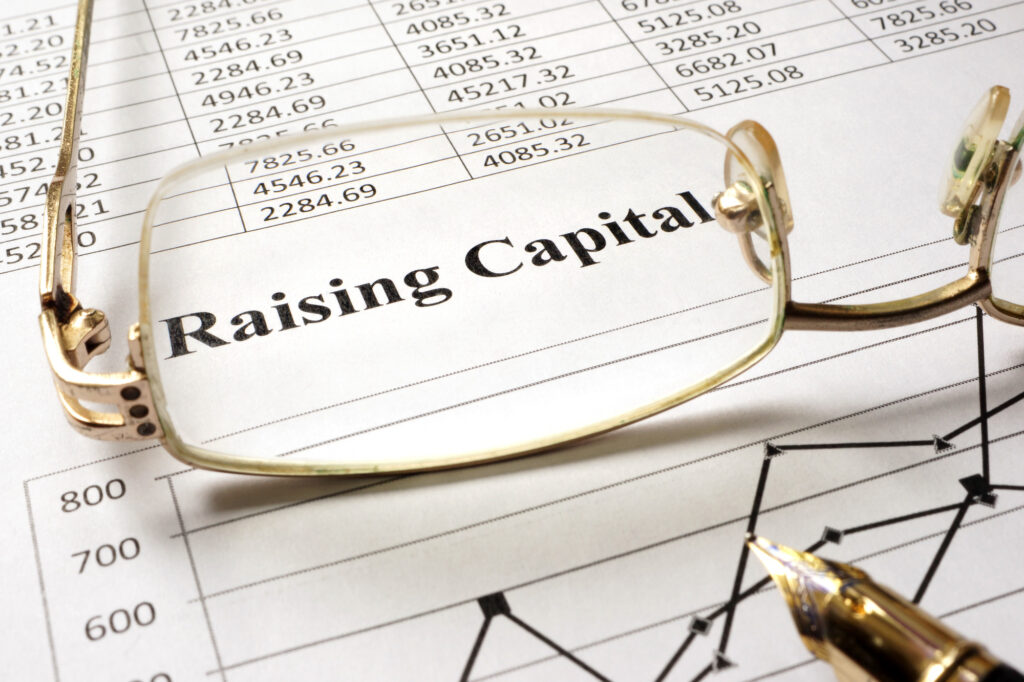It will be first necessary to define the terms business valuation and capital structure in order to discuss the impact the former will have on the latter.
At its most basic, your business valuation is the FMV or fair market value that a buyer would be willing to plunk down in exchange for your corporation. This definition comes to us courtesy of the Internal Revenue Service and can also describe a range, though this should not be large but more or less provide a ballpark estimate.
Your capital structure is the amount of debt that is used to finance a company’s assets, it also includes the firm’s equity, and it is generally expressed in the form of a figure referred to as either a debt-to-equity or a debt-to-capital ratio.
Debt and equity have very different roles to play in a business, and it helps to have an idea of the various pros and cons. For example, equity requires no mandated interest payments, and there are no expectations of capital repayment. In addition, it has voting rights and has an implicit high cost and value. It also retains ownership of the business.
By contrast, debt has interest payments, a schedule when remittances are to be paid, has the first claim on the collateral a liquidation scenario, and it imposes restrictions on the flexibility of an enterprise’s operations. In addition, it has a lower rate of return.
This overall blending of these two factors will affect the way in which a company’s overall worth is determined. This is because cash flow is affected, and this means that the interest of investors will be impacted by how all of these facets work together.
There is also the important distinction of whether these figures are actual, as in currently held assessments, or if they are anticipated. Depending on the purpose of the valuation, different methods can be used, including that of calculating a startup’s optimal capital structure.
The bottom line is that the cost of capital can be affected, and this will in turn influence how much of a return a prospective investor would require. Oftentimes, the business valuation will incorporate information that is based on how much income is expected, and this will be proposed at a lesser rate, called discounted cash flow.
Though many companies wish to be debt-free, the business valuation and capital structure configurations will affect business decisions, for example, as to whether to acquire a loan, as debt is often cheaper than equity. Another consideration is that interest payments can be deducted on annual tax reports, lowering a firm’s overall tax liability. This benefit must be leveraged with caution, however, as past a certain point, a company’s debt increases risk.
This then can then cause investors to insist on larger returns as a reward for taking on these greater risks, and value may decrease. This must be tempered with the financial benefits of incurring debt, such as the increase to a company’s worth, and the ultimate structure will often try to use averages found in their niche or industry, examine the models used by other successful corporations, and study the criteria of lending institutions.
Whichever principles and examples are utilized, the goal is always to tailor the approach to the specific needs of the company in question and to achieve the utmost success and profitability. No single factor will determine a firm’s place in the market, and all facets must be kept in balance to ensure optimized performance.
AI Capital Advisors exists to give companies like yours counsel regarding their presentation models when seeking to secure financing. Experienced in the art of creating superior strategies for startups, we can help provide the oversight you need and will readily answer any questions you may have. Feel free to reach out to us today.
Photo courtesy of Pexels





